Grain hub in Tatarstan for 10.5 billion rubles to be launched ahead of schedule
Krasnodar-based Novo Development Centre company plans to export 8 million tonnes from Tatarstan
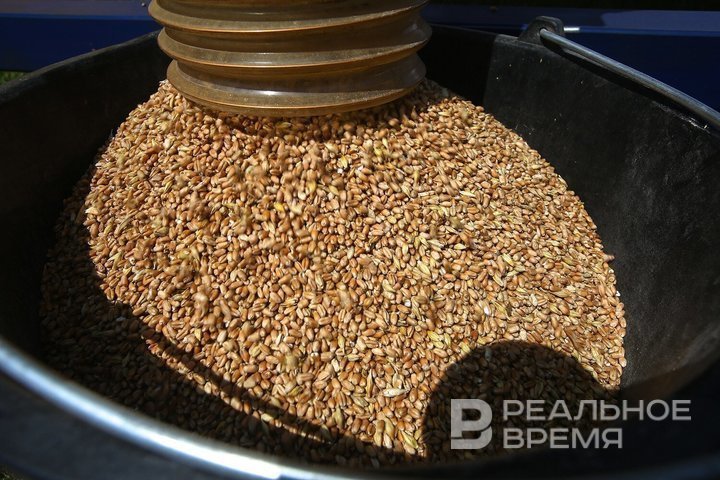
Novo Development Centre company from Krasnodar has begun designing an Alabuga grain terminal worth 10.5 billion rubles, which will be built next to the Deng Xiaoping logistics complex, CEO Karen Ovsepyan told Realnoe Vremya. The future elevator with a design capacity of 8 million tonnes, which will become part of the New Land Grain Corridor programme, is to be launched ahead of schedule in 2027. The rush is understandable — this year, 400,000 tonnes of grain have already been exported from Tatarstan by river. Against the backdrop of exports, wheat has risen in price domestically by 650 rubles — to 15,500-15,700 rubles per tonen, analysts at Rusagrotrans note. Read more in a report of Realnoe Vremya.
“New land grain corridor” has reached Deng Xiaoping
Tatarstan is now familiar with the taste of foreign trade of food products with China, and this year the authorities have given the go-ahead to expand the logistics infrastructure for transporting goods along international transport corridors. Following the Sviyazhsk-Zernoprodukt elevator complex of Avgust Moscow company, this February, Krasnodar-based company Novo Development Centre agreed to allocate a plot of land for the Alabuga grain terminal near the Deng Xiaoping logistics complex. As CEO Karen Ovsepyan told Realnoe Vremya, the company began designing it in November and wants to export grain, oilseeds, and legumes from all over the Volga region, not just Tatarstan.
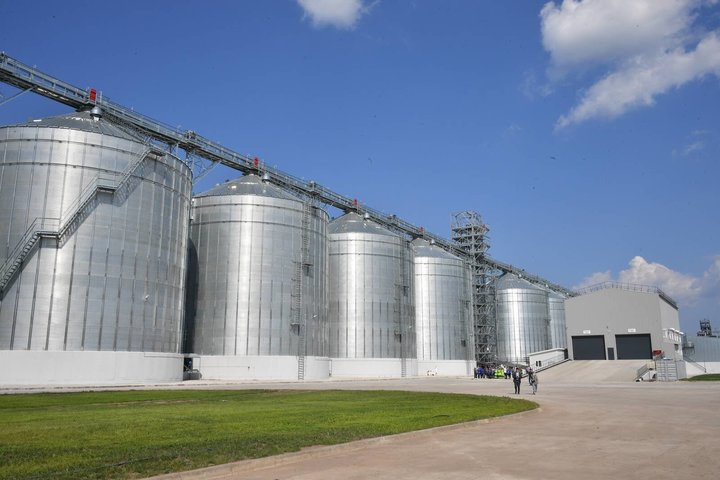
Its design capacity is 8 million tonnes, and investments are 10.5 billion rubles. According to him, the grain hub construction project is being implemented in partnership with the Alabuga SEZ. Moreover, investors expect to launch it ahead of the deadline set for 2027.
China asked to have up to 70 million tonnes of Russian grain in stock
The grain terminal in Alabuga is being designed as part of the New Land Grain Corridor programme, which is supported by the Russian government to strengthen the position of Russia's agro-industrial sector on the international market. Over the past year, the turnover of agricultural products between the two countries has increased by 40%, but the potential is much higher.
According to Karen Ovsepyan, China has been interested in Russian grain for quite some time, offering to build a network of modern elevators with a one-time storage capacity of about 70 million tonnes to meet the long-term needs of the Chinese market. Currently, the New Land Grain Corridor program plans to build elevators with a capacity of up to 29 million tonnes per year by 2035, primarily on the border with China.
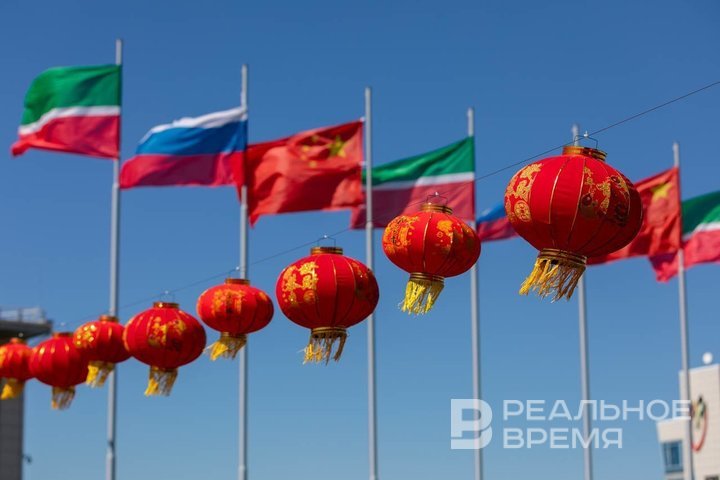
In particular, it is planned to build a network of linear elevators along the Trans-Siberian Railway to export grain from Siberia. But the Tatarstan point will add another 8 million tonnes to the export programme, he believes.
He explained the interest in Alabuga by the fact that the complex is a good point for sending cargo to China where any logistics companies can work.
“There is no single operator here. Anyone can transport — Fesco, TransContainer,” said Karen Ovsepyan. “Deng Xiaoping is a place where return cargo is collected, and grain cargo is formed nearby, shuttle trains are created,” he explained. And he noted that Novo Development Centre had already carried out a test shipment of grain from Deng Xiaoping on 30 October.
“Grain carrier” with two hatches
For this purpose, a special grain carrier container was created for international transportation, Karen Hovsepyan added. According to him, until now grain was transported in ordinary cars, and now the “grain carrier2 is equipped with hatches for loading from above and unloading from below, which simplifies the transshipment of grain.
After unloading, you get a regular container for a wide range of goods, which allows you to carry other parcels on the return journey, rather than driving empty cars. According to Karen Ovsepyan, the new type of cars is ready for operation within the framework of the Grain+ logistics concept, and deliveries to China using this technology will begin in November. Meanwhile, 400,000 tonnes of grain were shipped for export from the territory of the Sviyazhsk Interregional Multimodal Logistics Centre this year, said head of the Volga Shipping Company Pavel Vinogradov at a “river” session of Transport Week 2024 forum. The new export route is being tested by the Sviyazhsk-Zernoprodukt company, owned by Moscow businessman Alexander Uskov.
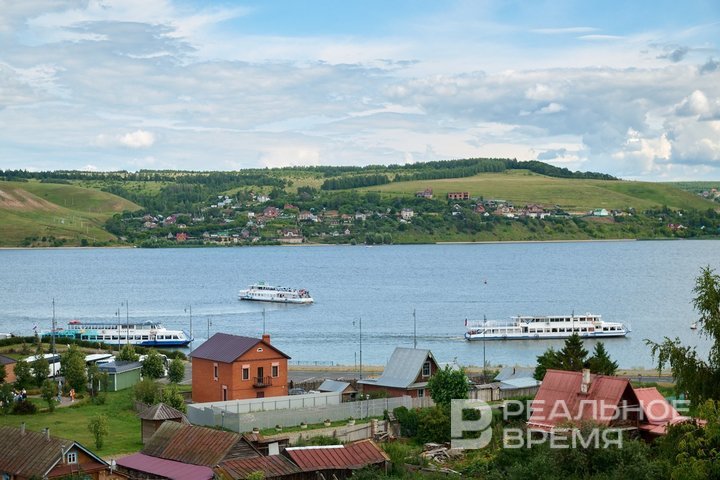
Two years ago, he laid the foundation for the construction of an elevator on the territory of the Sviyazhsk complex, and in September he began the first shipments to the port of Vysotsk in Leningrad Region.
“We are not competitors (Editor’s note: with Sviyazhsk) — they work by river, and we work by land,” noted Karen Ovsepyan. Recently, Novo Development Centre and the Iranian logistics company IranianEurasia Trading and Logistics agreed on the joint construction of a multimodal logistics hub in the territory of the special economic zone of Sarakhs, one of the key centres of foreign trade in northeastern Iran. The most important transit route from the countries of Central Asia and the Middle East passes through it, the company's website says. Thus, Yelabuga grain will be able to be transshipped first in Iran, and then transported to China.
Grain prices are rising against the background of exports
Grain is the main position in the export of Russian food. According to President of the Russian Grain Union Arkady Zlochevsky, as of 1 November 2024, the figure was 25.1 million tonnes.
“Exports are not at a record pace, but at the second-highest rate in historical terms. We estimate the export potential at 56 million tonnes, this is a total of grain. Including 45 million tons of wheat,” Zlochevsky said at a press conference.
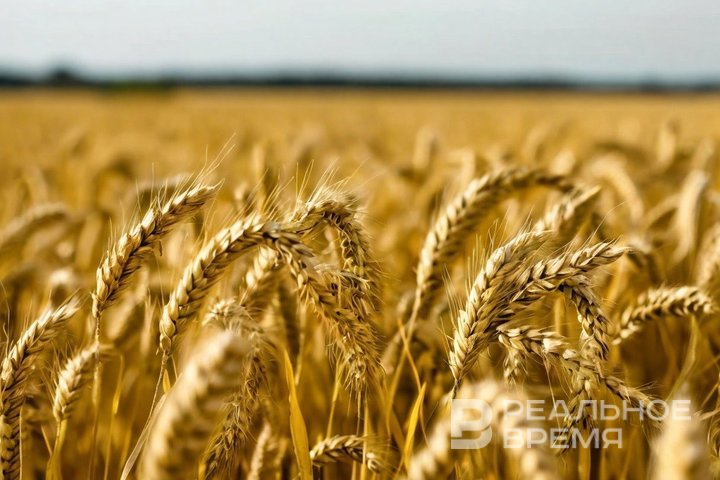
The price situation is favourable. According to Rusagrotrans analysts, they fluctuate at $226–230 per tonne. Grain prices have also increased within Russia.
“In Central Russia, wheat has risen in price by 650 rubles — to 15,500-15,700 rubles per tonne. The Volga region saw the same growth, with prices reaching 15,000-15,500 rubles per ton excluding VAT,” Rusagrotrans notes.